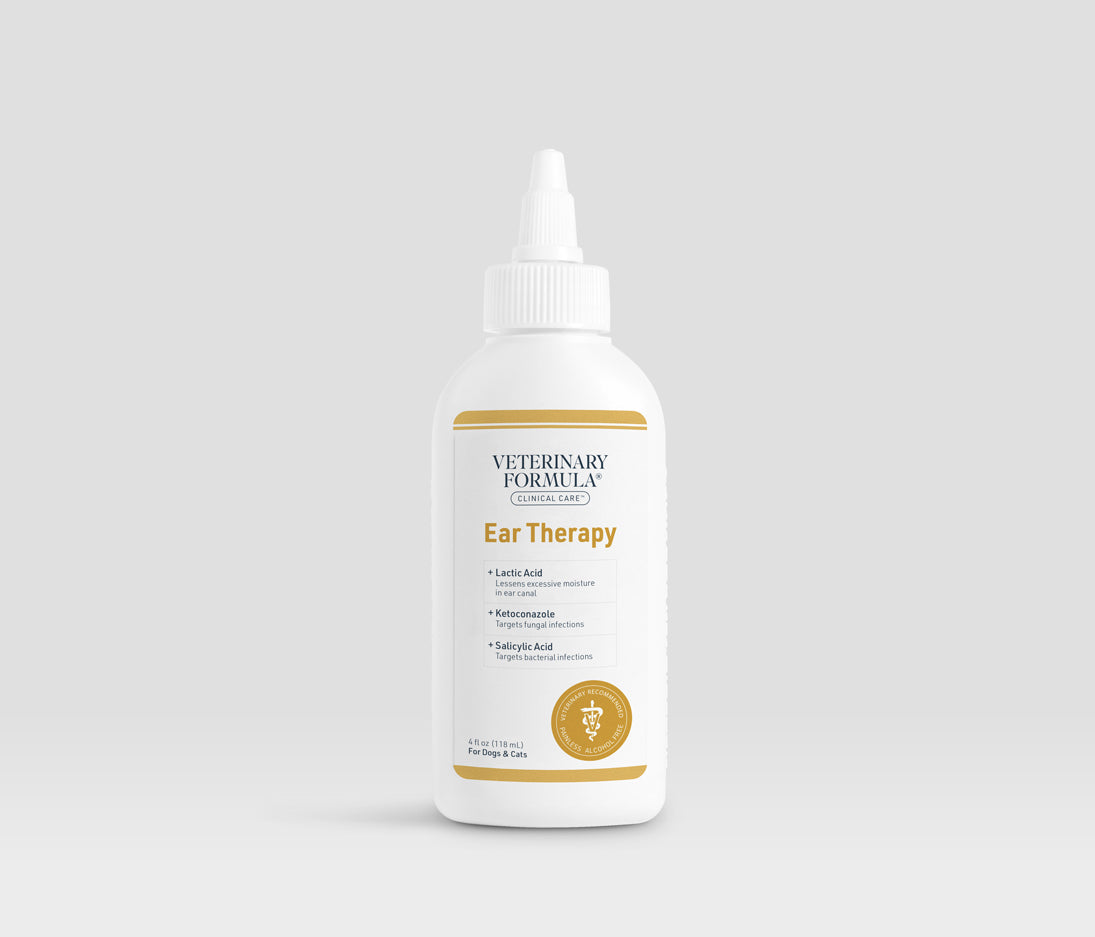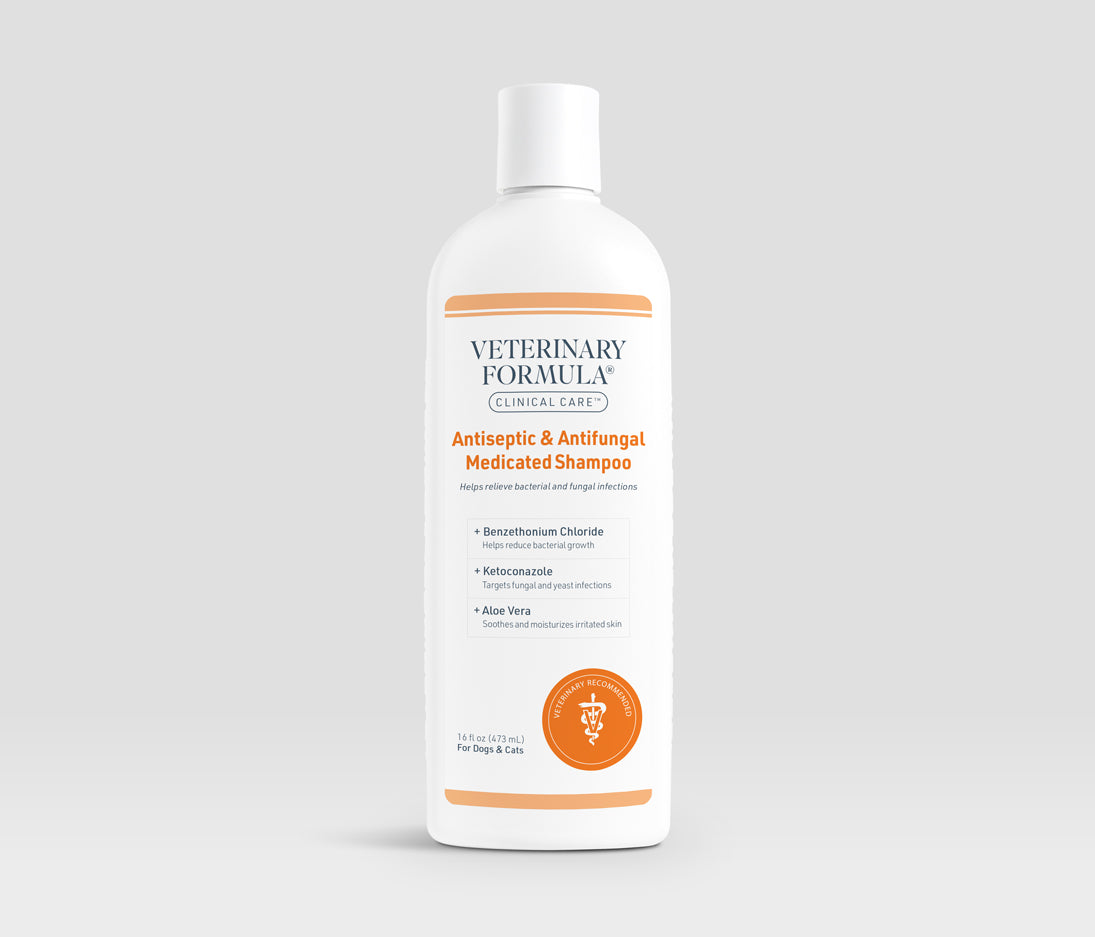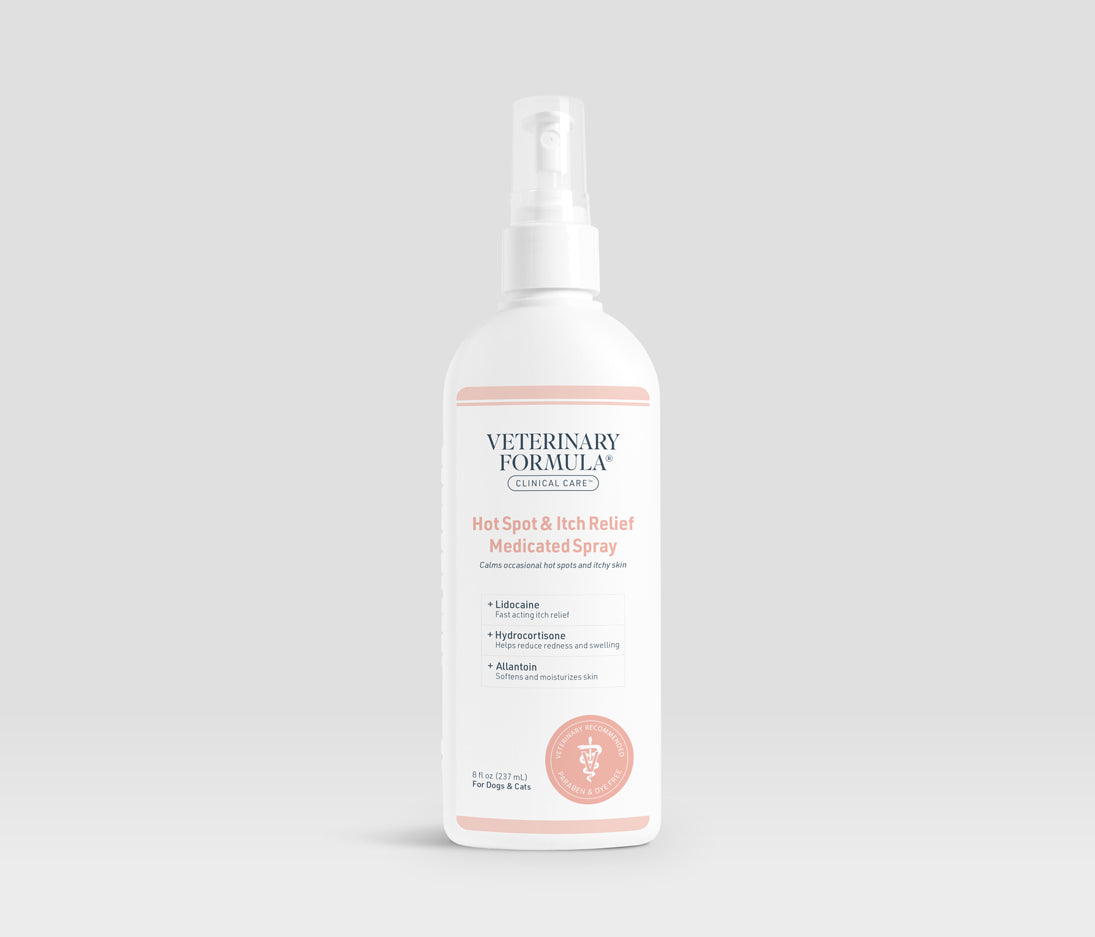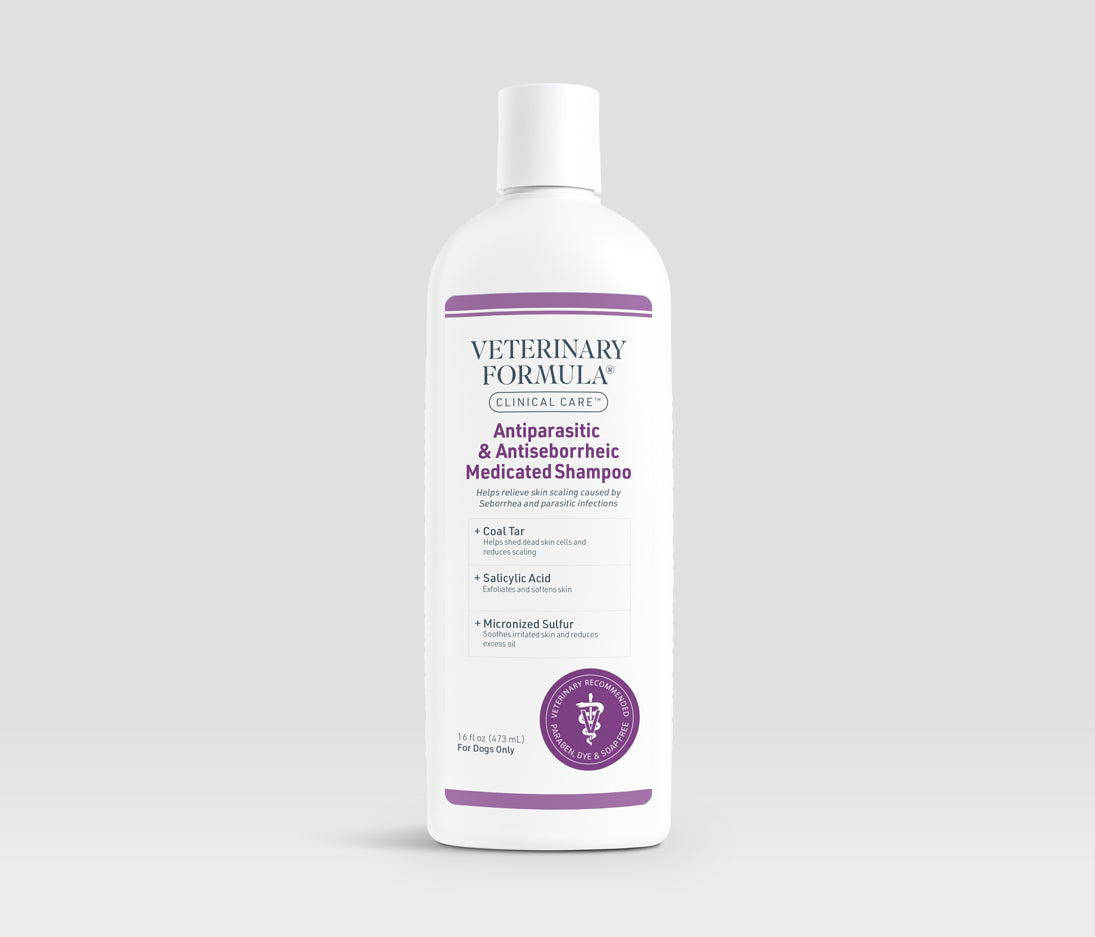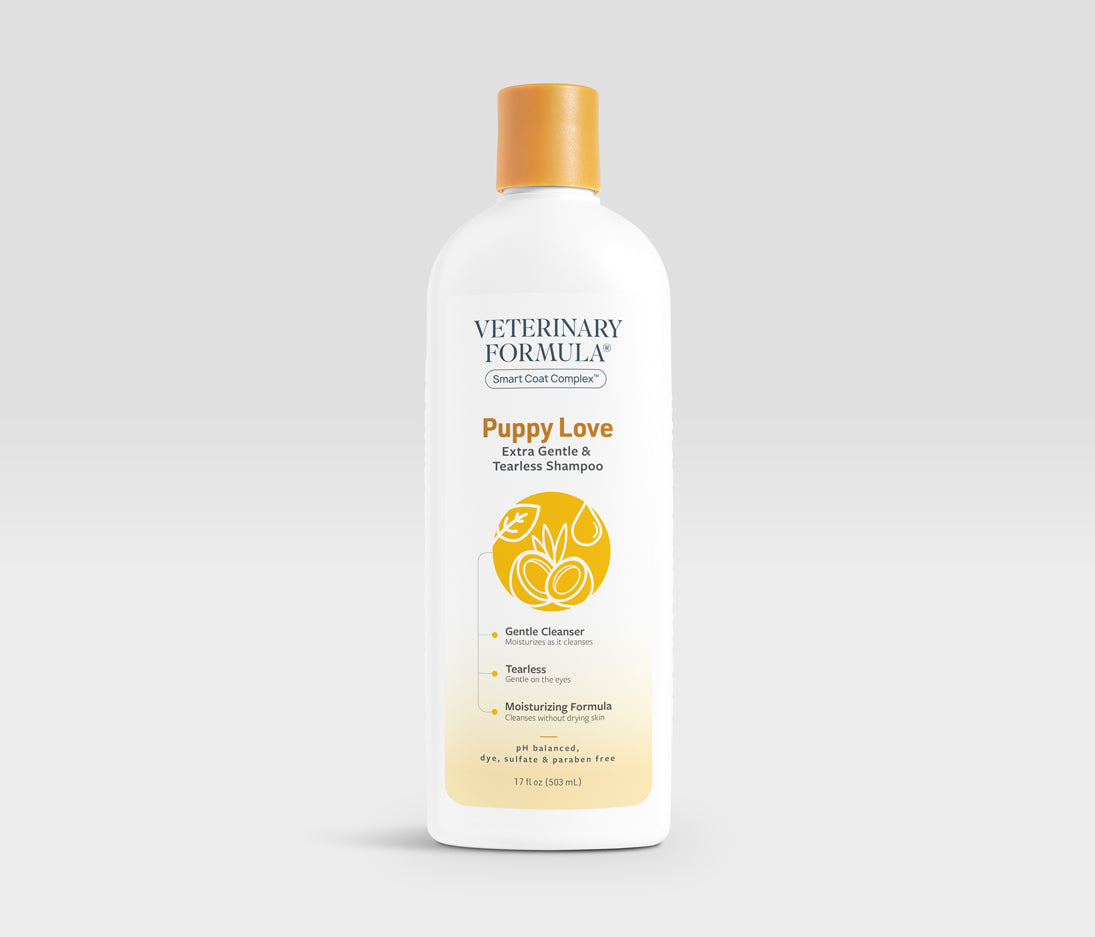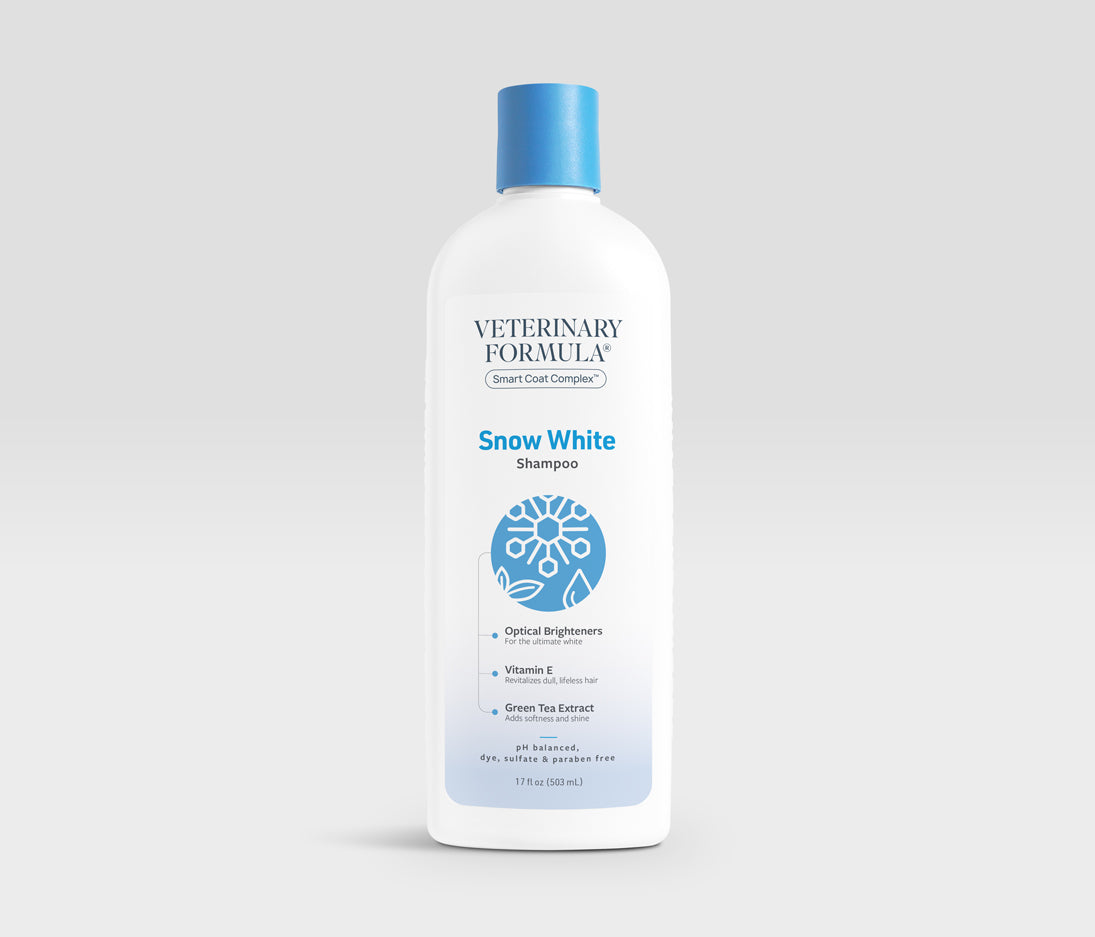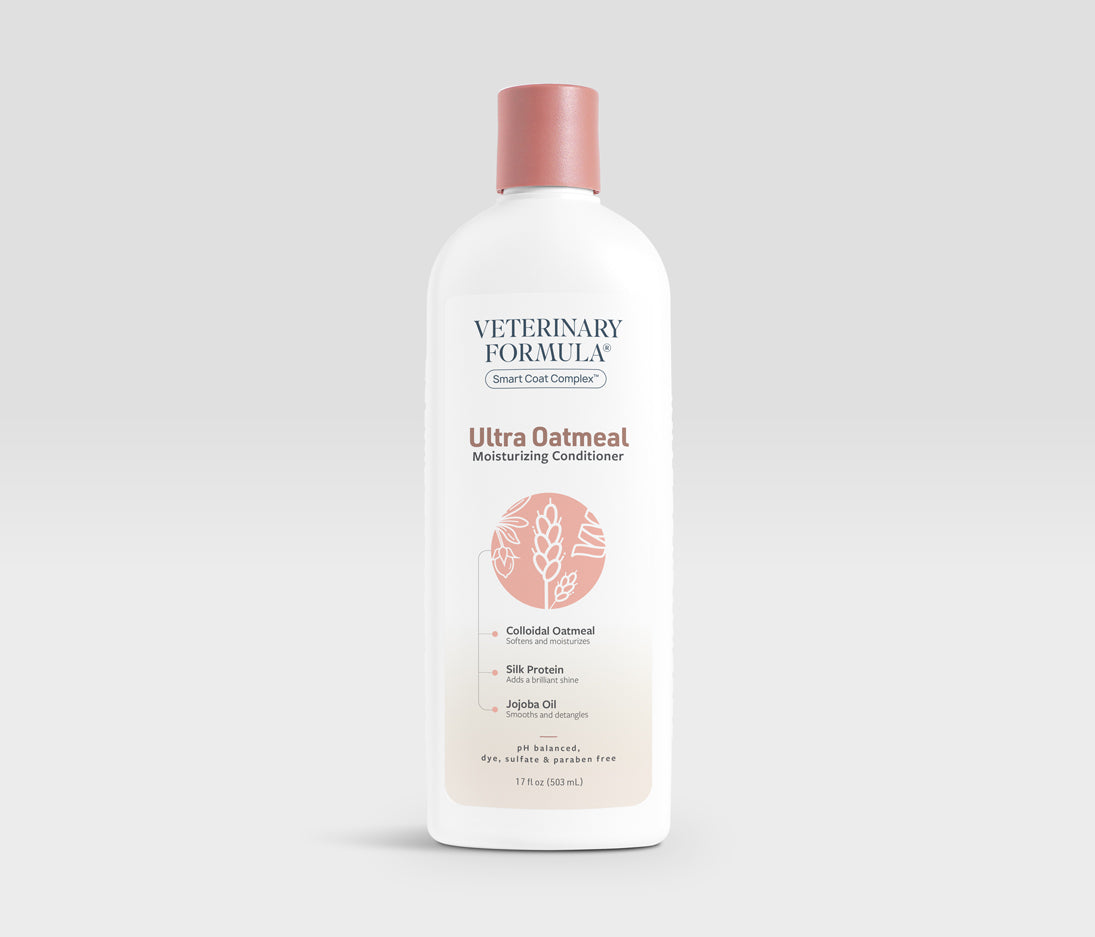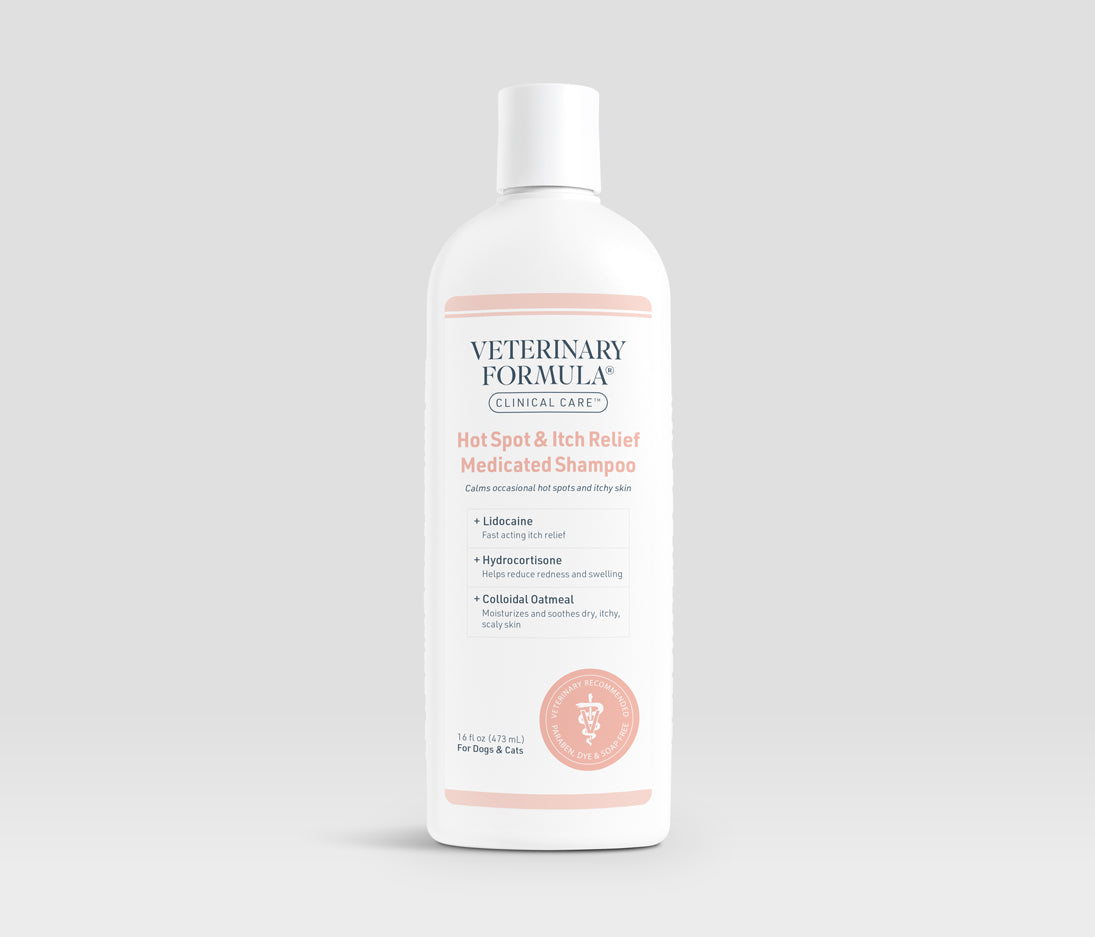
At Veterinary Formula, we understand the robust benefits that probiotics bring to dogs, and we've hand-selected eight strains as the best probiotics for dogs.
You'll find this unique 8-strain probiotic blend in our Complete Probiotic and Immune Defense once-a-day supplemental chews.
Here's a breakdown of each strain in these tasty probiotic treats for dogs and how each helps your dog's health.
1. Bacillus Coagulans
The Basics
Not to be gross or anything, but this probiotic is like the cockroach of probiotics in that it's hard to kill. But unlike cockroaches, which no one wants, these are great for your dog to have in its system.
The reason? Lots of things can kill off the probiotics in your dog's gut, from shifts in stomach acidity to antibiotics. So, a probiotic that can withstand all that is one of the best dog probiotics around.
How It Helps
Having a healthy number of B. coagulans means your dog will be better able to withstand stomach-related ailments like Irritable Bowel Syndrome, Constipation, and Gas.
Research has also shown that it's helpful for dogs fighting Rheumatoid Arthritis and Respiratory Tract Infections.
2. Lactobacillus Reuteri
The Basics
Kind of like a suit of armor for your pup's immune system, this is one of the most important probiotics for dogs when it comes to their ability to resist outside pathogens.
In particular, the strain is able to produce antimicrobial molecules that stop pathogenic microbes from growing. On top of that, L. reuteri strengthens the intestinal barrier, thereby decreasing the microbial movement from the gut to the surrounding tissue.
L. reuteri also has anti-inflammatory properties making it useful in fighting inflammatory-related disorders.
How It Helps
First and foremost, L. reuteri helps your dog fight off infections from bad bacteria before they even begin. Or, if your dog already has an infection, adding this blend to its diet can help shorten the infection period.
It's also been shown to be effective in helping dogs diagnosed with a leaky gut or inflammatory-related illnesses like Inflammatory Bowel Disease.
3. Bifidobacterium Bifidum
The Basics
You'll find this probiotic strain in the stomachs of most mammals, including your furry best friend.
They're fairly sturdy and are among the most commonly used to help dogs – and people – build up their probiotic levels after taking antibiotics.
How It Helps
The B. bifidum strain reduces the chances of acute diarrhea in your dog. It also lowers the risk of E. coli infections. This is particularly useful if your dog has a habit of munching on random items he encounters on his walks.
L. bifidum has also been used as a therapy for enteric (botulism, giardiasis, etc.) and hepatic (liver-related) disorders due to their ability to activate the immune response.
4. Bifidobacterium Longum
The Basics
L. longum is naturally more plentiful in puppies than in adult dogs. But they are a beneficial probiotic for dogs of all ages, thanks in part to their ability to produce lactic acid, which is believed to prevent the growth of pathogenic organisms.
How It Helps
As with all probiotics, B. longum helps your dog with gastrointestinal issues.
But research has shown that B. longum can also help with your dog's emotional health. A 2018 Nestle Purina study showed that giving B. longum BL999 to anxious dogs resulted in fewer displays of daily anxious behavior, including less salivation and decreased heart rates.
5. Lactobacillus Brevis
The Basics
This probiotic strain for dogs is especially helpful for your senior pooch. Research done on humans indicates L. brevis is particularly supportive in increasing cellular immunity among geriatric populations.
Specifically, it supports something called natural killer (NK) cell activity in older adults. Translation: It kills pathogenic molecules, stops infections, and fights cancer cells.
(Want some for yourself? You can find it in pickles and sauerkraut.)
How It Helps
L. brevis helps older dogs fight off infections and can help with the prevention of some cancers. Some studies indicate it can also boost the effectiveness of antibiotics.
It's also been linked with canine emotional, heart, and gum health.
6. Lactobacillus Casei
The Basics
One of the most important probiotics when it comes to digestion. Dogs with smaller numbers of L. casei have a harder time digesting food and absorbing nutrients, which can lead to malnourishment.
It's also one of the hardier probiotic strains, which helps maintain the balance of good and bad bacteria in your dog's gut.
How It Helps
L. casei is one of the best dog probiotics for keeping your dog's digestive system balanced and functioning. It's great for preventing or treating diarrhea and has also been shown to help with chronic constipation.
7. Lactobacillus Plantarum
The Basics
Another hearty probiotic support for dogs, studies have shown that L. plantarum may aid in the production of natural antibiotics.
It's also tied to the production of lysine, an amino acid necessary for healthy digestion.
How It Helps
L. plantarum helps your pup fight off disease-causing bacteria and is an important element of his ability to absorb nutrients and produce vitamins.
Studies have also linked L. plantarum with the treatment of anxiety, diabetes, high blood pressure, high cholesterol, Irritable Bowel Syndrome, and Inflammatory Bowel Disease.
Other studies have indicated it may also help sharpen your dog's memory and promote weight loss in heavier dogs.
8. Streptococcus Thermophilus
The Basics
Not that strep! This Streptococcus probiotic strain is one of the good guys, especially when it comes to your dog's colon and GI tract health.
Some studies have shown that, like L. plantarum, S. thermophilus may produce a natural antibiotic.
How It Helps
L. thermophilus is particularly beneficial to the health of your dog's colon and GI tracts. And, subsequently to your dog's ability to fully digest his food and absorb all the nutrients.
But research done in rats also indicates it may help reduce the gastrointestinal side effects of animals receiving chemotherapy.
